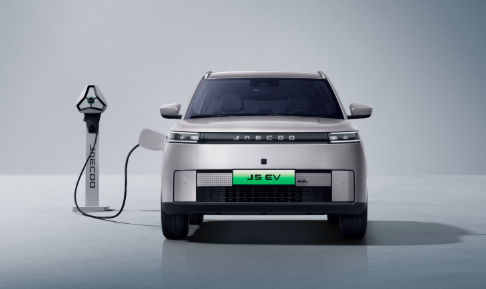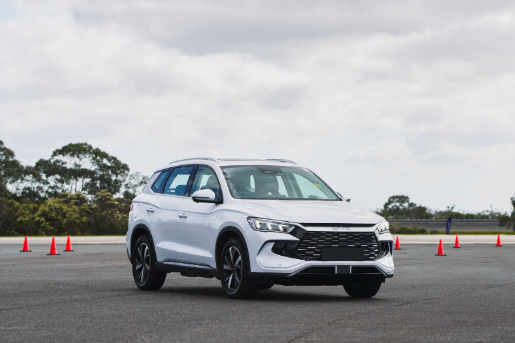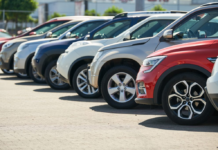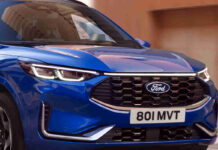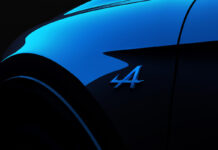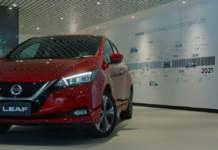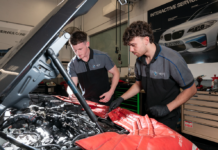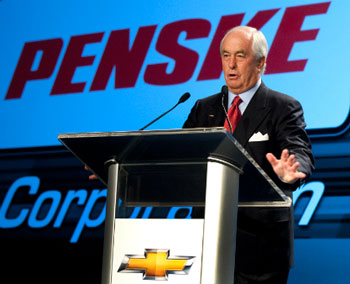
Penske Automotive Group has reported third quarter revenue of $7.7 billion while announcing ambitious plans for its Australian energy solutions business to generate at least $1 billion in annual revenue by 2030.
The US-based automotive retailer delivered earnings before tax of $292 million, net income of $213 million and earnings per share of $3.23 for the quarter ended September 30.
Chairman and chief executive Roger Penske said the company navigated several challenges during the quarter while delivering solid results. “I’m pleased with the performance of PAG during Q3. Our teams navigated through several challenges across our business and delivered solid results,” Penske said.
The company reported a 5% increase in retail automotive same-store revenue, with service and parts revenue also up 5%. However, results were offset by $200 million in divestitures and dealership closures over the past year.
Penske noted that the expiration of the US electric vehicle tax credit drove battery electric vehicle (BEV) sales to over 10% of total units, up from 6% to 7% in previous quarters. The average discount from manufacturer’s suggested retail price on BEVs sold in the US during Q3 was $7100, with the higher BEV mix reducing new vehicle gross profit per unit by approximately $100.
The quarter included several operational challenges, including a cyber incident at Land Rover in the UK that reduced earnings before tax by approximately $5 million. The company’s Premier Truck Group faced a 19% same-store unit sales decline and a $15 million earnings drop amid difficult freight market conditions.
Australian energy solutions expansion
Chief operating officer international Randall Seymore highlighted the growth potential in the company’s Australian operations during the earnings call. “We see the potential for our Energy Solutions business in Australia to generate at least $1 billion in revenue by 2030,” Seymore said.
The projection represents a significant expansion of Penske’s existing Australian operations, though the company did not provide specific details about the timeline or investment required to reach the revenue target.
Seymore also reported international revenue of $2.9 billion for the quarter, with a 7% decline in UK new unit deliveries offset by a 19% increase in used gross profit due to operational changes at the Sytner Select business.
Executive vice president and chief financial officer Michelle Hulgrave confirmed the company generated $852 million in cash flow from operations for the nine months ended September 30, with adjusted earnings before interest, tax, depreciation and amortisation of $1.1 billion.
The company increased its dividend by 4.5% to $1.38 per share in October, representing the 20th consecutive quarterly increase. Hulgrave also announced the acquisition of a Ferrari dealership in Modena, Italy and confirmed an acquisition pipeline of over $1.5 billion in revenue expected to close in the fourth quarter.
During the quarter, Penske continued integrating Chinese automotive brands into its UK operations, with Chery added at three locations and Geely in the process of launching. “This isn’t like opening up a new branch or a new dealership with no service and no sales. This gives us a chance really to do with the Chinese brands. And it’s minimal, very minimal impact from the standpoint of capital expenditure,” Penske said.
Looking ahead, management indicated actions are underway to reduce the impact from macro events through headcount reduction and driving efficiencies that should benefit future periods.

Automobile Magazine-AU














